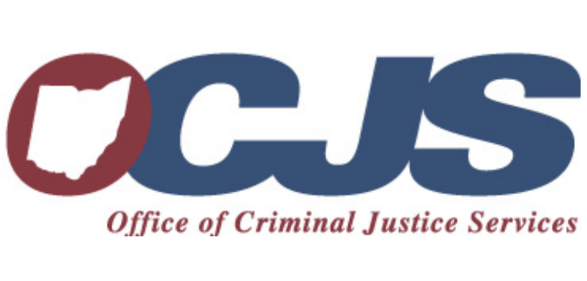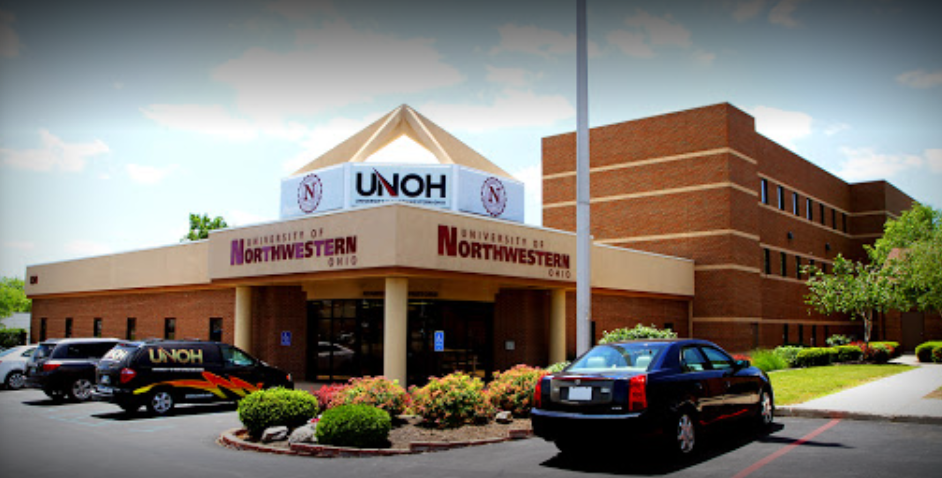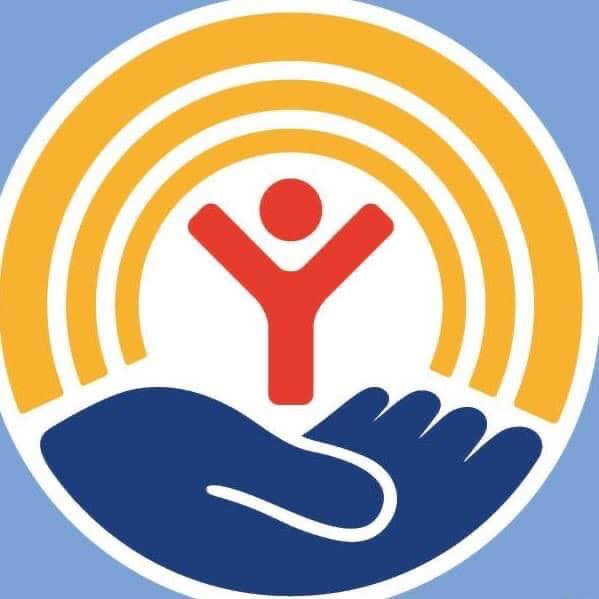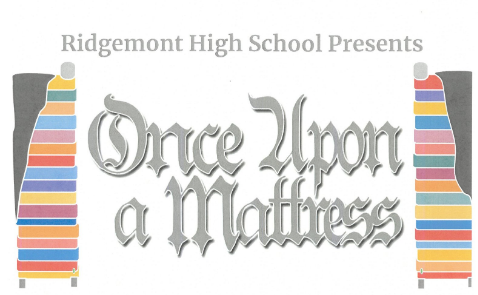$1.2 Million Available to Support Residential Substance Use Disorder Treatment Programs
Written by WKTN Staff on March 2, 2023

(COLUMBUS, Ohio) – The Office of Criminal Justice Services (OCJS) announced today that local governments, state agencies, and state-supported universities with residential substance use disorder treatment programs will benefit from $1.2 million in federal grants through the Residential Substance Use Disorder Treatment Program (RSUDT).
RSUDT (formerly called the Residential Substance Abuse Treatment grant) seeks to prepare individuals with substance use disorders for reintegration into communities by delivering community-based treatment and other broad-based aftercare services. RSUDT assists states and local governments in developing and implementing residential programs within state correctional, local correctional, and detention facilities where inmates are incarcerated long enough to permit treatment. OCJS recommends applicants target high-risk offenders as program participants.
“These federal grants complement the work we’re doing in Ohio to ensure that those suffering from substance use disorder can receive the treatment and supports they need to recover,” said OCJS Executive Director Nicole Dehner.
OCJS is the state administering agency for the federal funds. The deadline for submission deadline is April 3, 2023.
RSUDT funds may be used to implement three types of programs: residential, jail-based, and aftercare. A minimum of 10% of Ohio’s RSUDT allocation must be available for local correctional and detention facilities for any of the three areas, which entail:
Residential Substance Use Disorder Treatment
• Engage participants between six and 12 months.
• Provide residential treatment facilities set apart – in a completely separate facility or dedicated housing unit in a facility exclusively for use by RSUDT participants – from the general correctional population.
• Focus on the inmate’s substance use diagnosis and addiction-related needs.
• Develop the inmate’s cognitive, behavioral, social, vocational, and other skills necessary to solve the substance use and related problems.
• Require urinalysis and/or other proven reliable forms of drug and alcohol testing for program participants, including both periodic and random testing, and for former participants while they remain in the custody of the state or local government.
• Prepare participants for successful community reintegration, including post-release referral to appropriate evidence-based aftercare treatment and service providers that support the use of medication-assisted treatment.
Jail-Based Substance Use Disorder Treatment
• Engage participants for at least three months.
• Focus on inmate’s substance use diagnosis and addiction-related needs.
• Develop the inmate’s cognitive, behavioral, social, vocational, and other skills to solve the substance use and related problems.
• Require urinalysis and/or other proven reliable forms of drug and alcohol testing for program participants, including both periodic and random testing, and for former participants while they remain in the custody of the state or local government.
• Prepare participants for successful community reintegration, including post-release referral to appropriate evidence-based aftercare treatment and service providers that support the use of medication-assisted treatment.
Aftercare
• Projects must provide aftercare services that coordinate between the correctional treatment program and other social service and rehabilitation programs, such as education and job training, parole supervision, halfway houses, self-help, and peer group programs.
• To qualify as an aftercare program, the head of the substance use disorder treatment program must work in conjunction with state and local authorities and organizations involved in substance use treatment to assist in the placement of program participants into community substance use treatment facilities on release.
For more information, please visit: www.ocjs.ohio.gov





